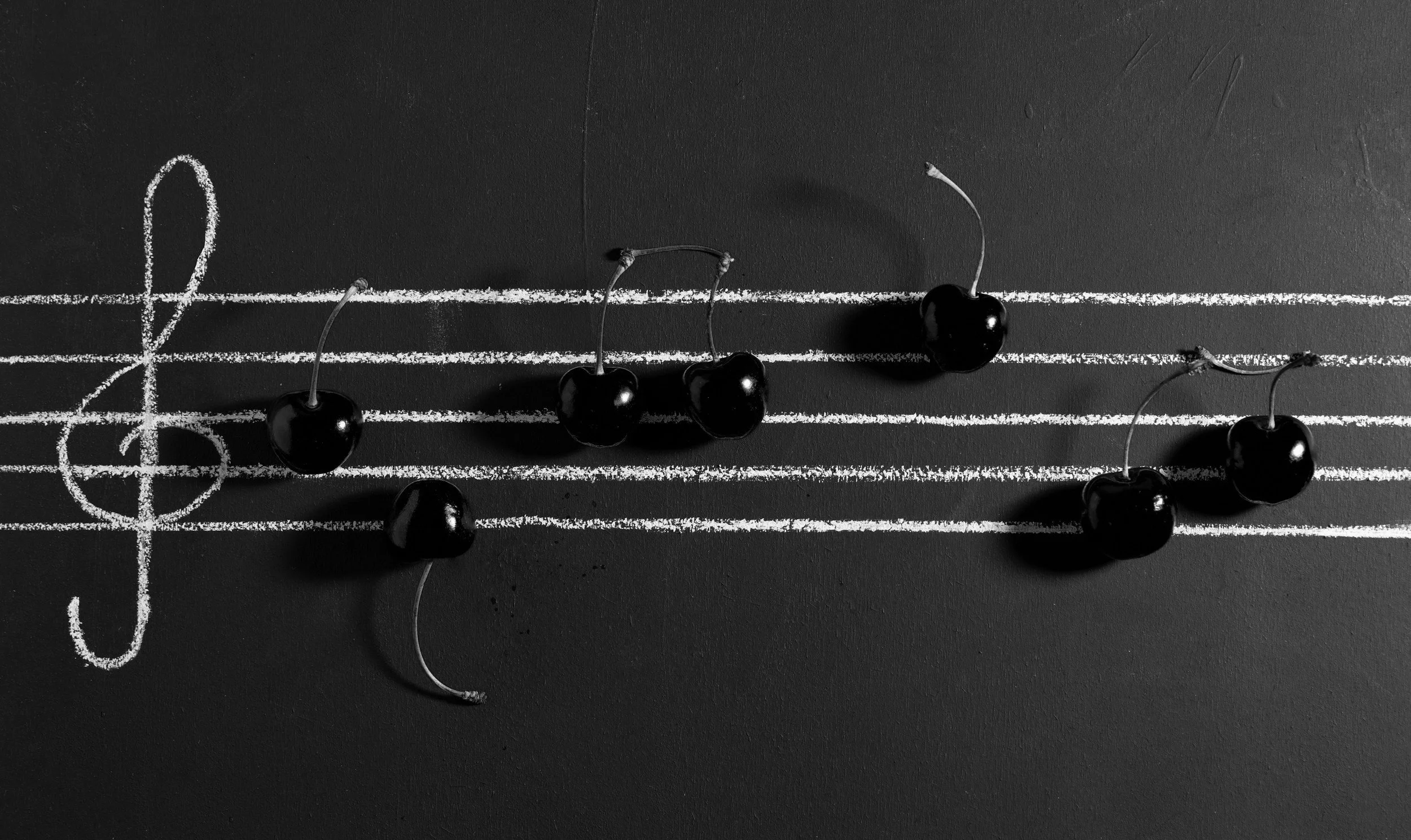The Timeless Connection Between Music and Food: A Symphony of the Senses
The relationship between music and food is neither new nor experimental; it is a timeless phenomenon deeply embedded in human culture and cognition. From ancient feasts accompanied by live performances to modern dining experiences enriched by curated playlists, music and food have always been partners in creating memorable moments. But this interplay goes beyond ambiance; it is a sophisticated and scientifically supported interaction that shapes how we perceive and enjoy flavor.
The Science of Crossmodal Sensory Experiences
The connection between music and food finds its foundation in crossmodal neuroscience. Human perception is multisensory, meaning that the brain integrates inputs from all senses to form a unified experience. Research has demonstrated that sound, particularly music, can significantly influence taste perception and emotional engagement. For example:
High-pitched tones often amplify sweet and citrusy flavors.
Low, resonant frequencies enhance bitterness and umami.
Rhythm and tempo affect dining behavior; faster beats encourage energetic consumption, while slower melodies foster mindful eating.
The science behind these interactions is not just theoretical but practical, providing chefs and restaurateurs with a unique tool to elevate their craft and enhance the diner’s journey.
Chefs as Conductors of Multisensory Dining
Throughout history, culinary visionaries have embraced the interplay of music and food as an art form. Today, this pairing has evolved into a deliberate and refined practice.
Heston Blumenthal: The Sound of Innovation
Michelin-starred chef Heston Blumenthal revolutionized the concept of sensory dining with his celebrated dish, "Sound of the Sea." This creation combines a seafood-inspired plate with an auditory backdrop of crashing waves, delivered via headphones. The result is a dish that not only delights the palate but also immerses the diner in an evocative sensory narrative, proving that sound can profoundly enhance flavor perception.
Grant Achatz: Alinea’s Orchestrated Experiences
Grant Achatz, one of the world’s most innovative chefs, incorporates music as an integral component of his tasting menus at Alinea. In one experience, diners are presented with a dessert that unfolds in tandem with a carefully chosen piece of music, creating a synchronized dance between flavor and sound. Achatz’s work demonstrates how music can transform dining into a performative, multisensory art.
Ferran Adrià: Experimenting with Emotion
The legendary Ferran Adrià of El Bulli famously explored how sensory cues, including sound, could evoke emotion and memory in diners. His work laid the groundwork for a deeper understanding of how music and food together can transcend mere consumption and become storytelling.
Cultural and Pop Phenomena: Music and Food in the Spotlight
The fusion of music and food has also left its mark on broader cultural landscapes. Here are a few instances where this interplay has gained prominence:
Music Festivals and Gastronomy
From Coachella to Glastonbury, major music festivals now curate food experiences that reflect their musical lineups. The combination of high-energy beats and artisanal cuisine captures the spirit of modern culture, appealing to both the palate and the soul.
Streaming and Pairing
Platforms like Spotify have embraced the concept of pairing, offering playlists tailored to specific meals or moods. These integrations are not just clever marketing tools but evidence of music’s central role in shaping the dining atmosphere.
Celebrity Musicians Turned Culinary Creators
Artists like Action Bronson and Kelis have bridged the worlds of food and music through cookbooks, television shows, and pop-up dining experiences, reflecting their unique artistic styles. These ventures underscore how music and food together can form powerful cultural expressions.
The Enduring Appeal of Music and Food Pairing
Far from being a novel trend, the connection between music and food is a testament to humanity’s innate desire for multisensory harmony. For chefs, restaurateurs, and food entrepreneurs, this interplay offers a profound opportunity to create dining experiences that linger in memory.
Incorporating music thoughtfully into the culinary experience is more than just adding background sound; it is about crafting a symphony of the senses. Whether through scientific insight, cultural inspiration, or artistic experimentation, the union of music and food will continue to enrich how we dine, celebrate, and connect.
As we look ahead, the question is not whether to embrace this age-old partnership but how to innovate within its limitless possibilities. By understanding and leveraging the intricate relationship between taste and sound, culinary professionals can offer their audiences experiences that are as harmonious as they are unforgettable.

